History’s real-life heroes who outshine Hollywood’s biggest blockbusters.
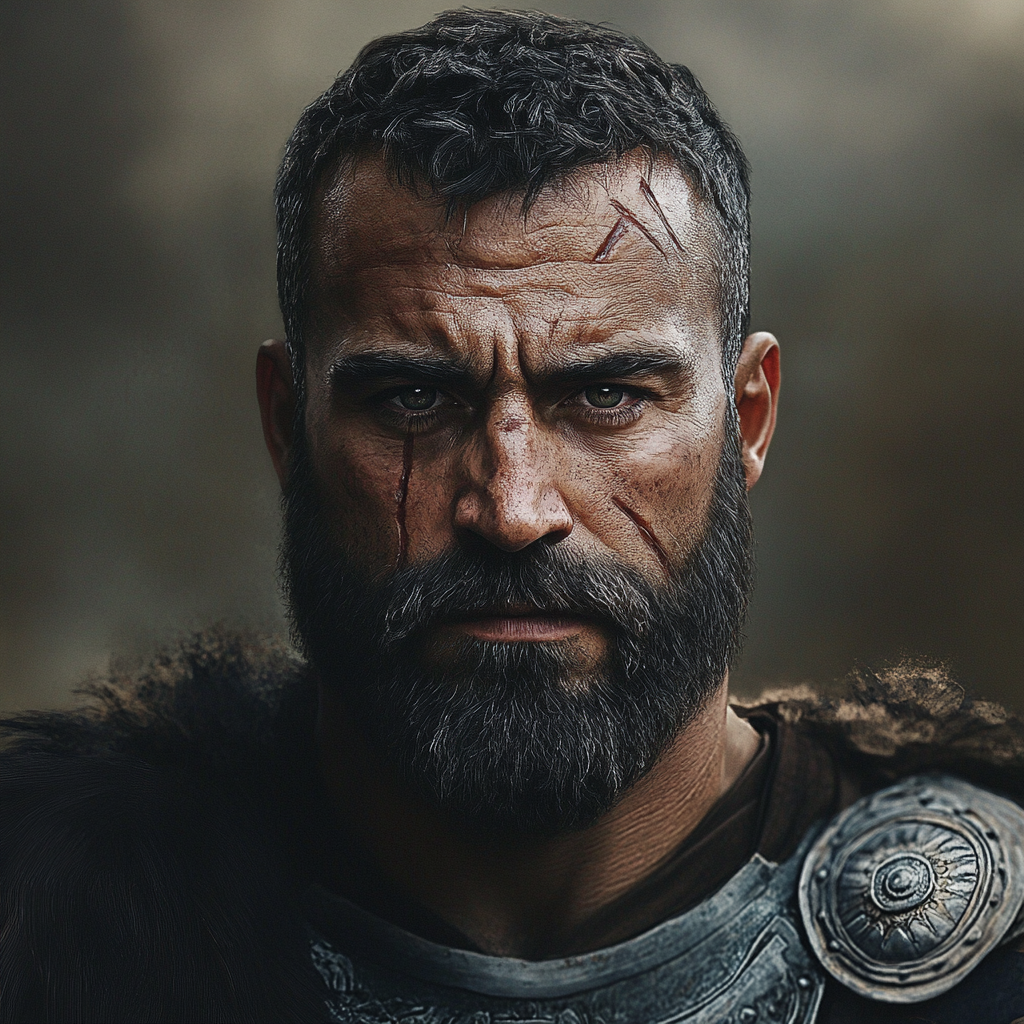
Some legends of history class might seem larger-than-life, and for good reason—they were. These figures not only shaped the course of human events but did so with bravery, wit, and skill that puts fictional movie heroes to shame. Their stories, filled with daring escapes, unyielding courage, and world-changing decisions, serve as a reminder that sometimes reality is far more thrilling than fiction.
1. The woman who saved her people by playing a flute
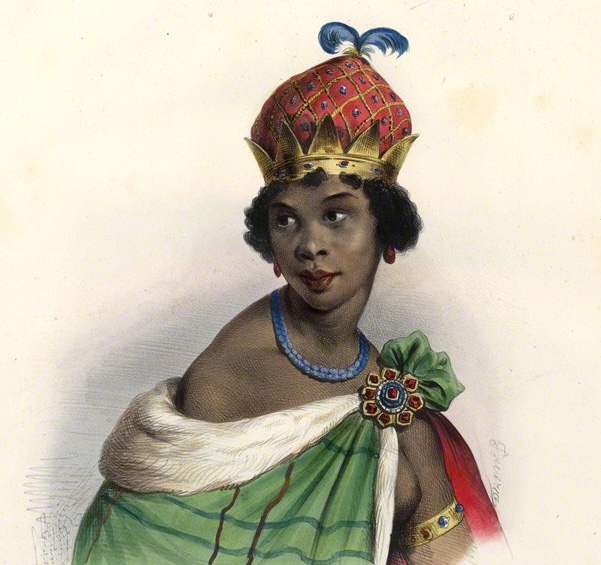
Nzinga Mbande of Angola didn’t just lead her people; she fought to preserve their freedom with unmatched cunning. This 17th-century queen used diplomacy, guerrilla tactics, and even psychological warfare to fend off Portuguese colonization.
In one memorable moment, she reportedly negotiated peace while sitting on a servant’s back when the Portuguese refused her a chair, a bold symbol of her strength. Nzinga’s resourcefulness and dedication ensured her people’s resilience, making her story the stuff of legend.
2. The slave who became a gladiator to free his homeland
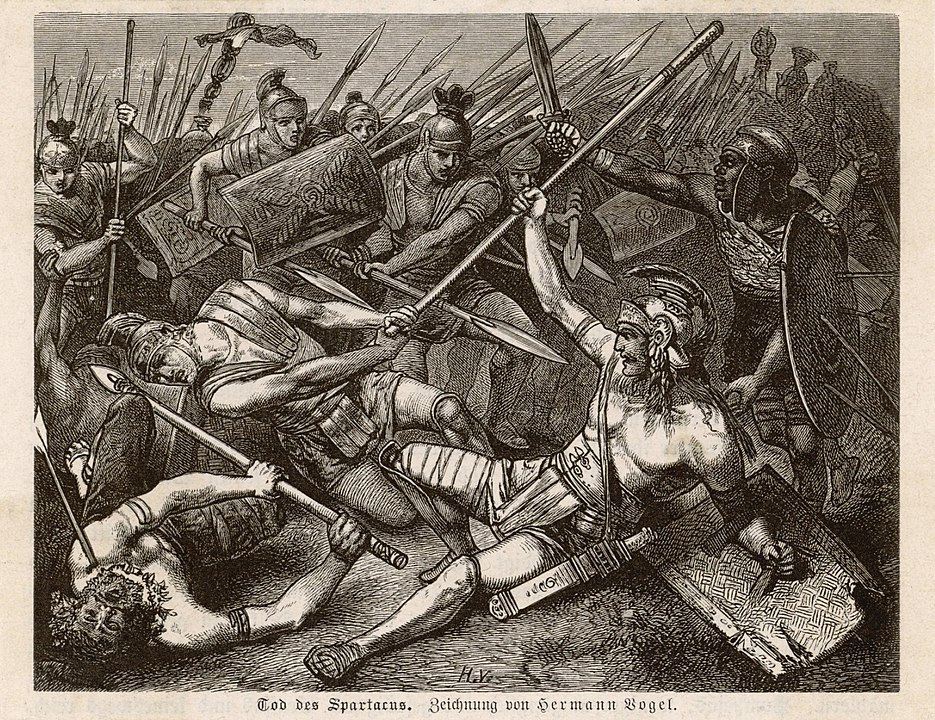
Spartacus was no ordinary gladiator. Once a Thracian soldier, he was enslaved and sent to fight for sport in Rome. Refusing to accept his fate, Spartacus led a slave rebellion that shook the Roman Empire to its core.
With strategic brilliance, he united thousands of slaves into an army that defeated Roman legions multiple times. Though he ultimately fell, his fight for freedom has inspired countless uprisings and remains an enduring symbol of defiance.
3. The samurai who turned betrayal into an epic revenge tale
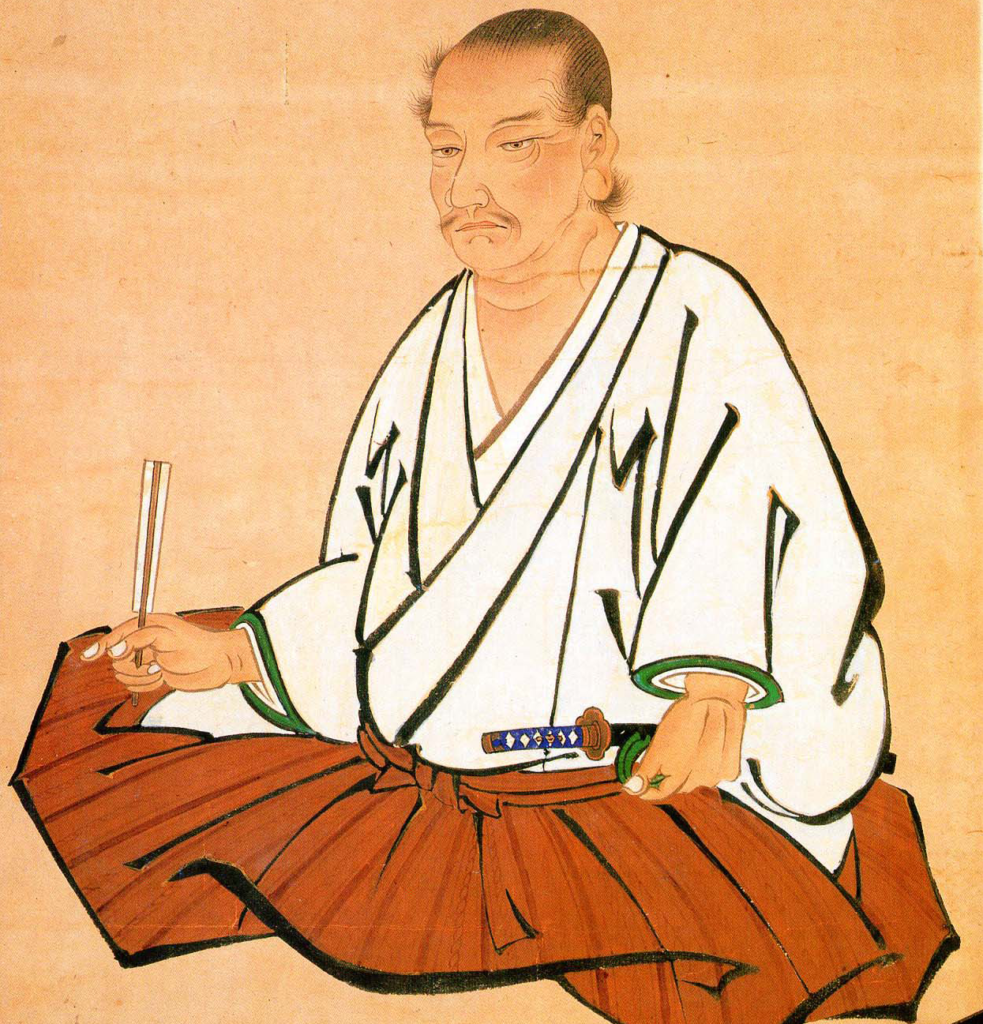
Miyamoto Musashi, Japan’s legendary swordsman, was known for his unmatched skill in battle and his code of honor. Abandoned by his family as a child, Musashi used his struggles to forge himself into a warrior of extraordinary talent.
He fought and won over 60 duels, many against multiple opponents. Musashi’s story is not only one of martial prowess but also personal discipline, as he later became an artist and philosopher, proving he could master both the blade and the brush.
4. The spy who used a flower shop as a cover
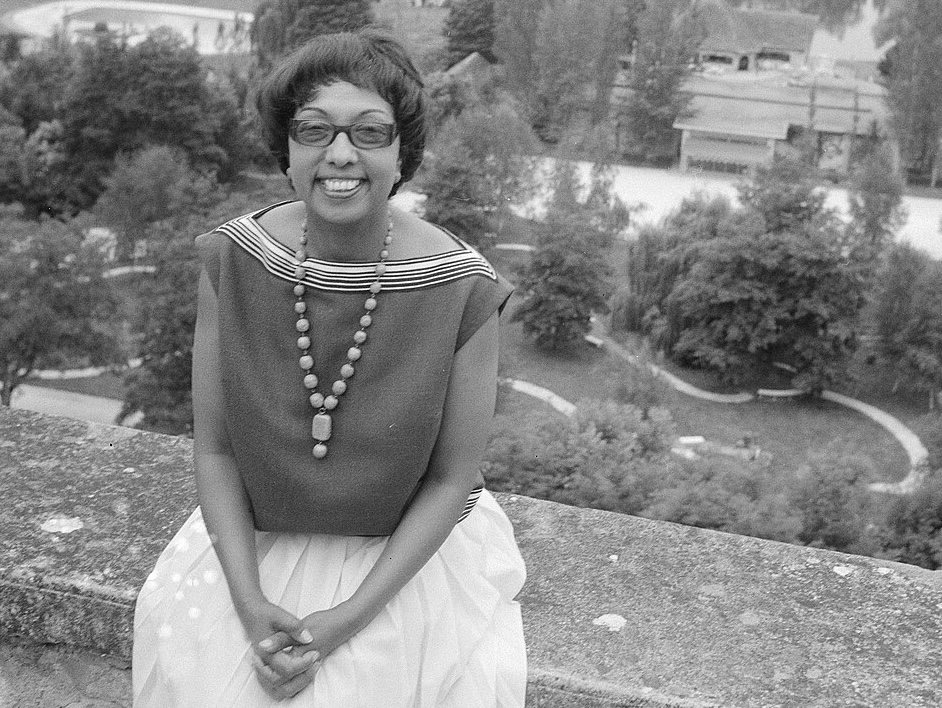
Josephine Baker wasn’t just a world-famous entertainer; she was also a daring World War II spy. Using her status as a celebrity, she smuggled secret messages written in invisible ink on her sheet music across enemy lines.
Baker’s charm and ingenuity made her an invaluable asset to the French Resistance. Risking her life for freedom, she was later awarded military honors, proving that her courage was just as dazzling as her stage performances.
5. The doctor who took on a deadly pandemic and won
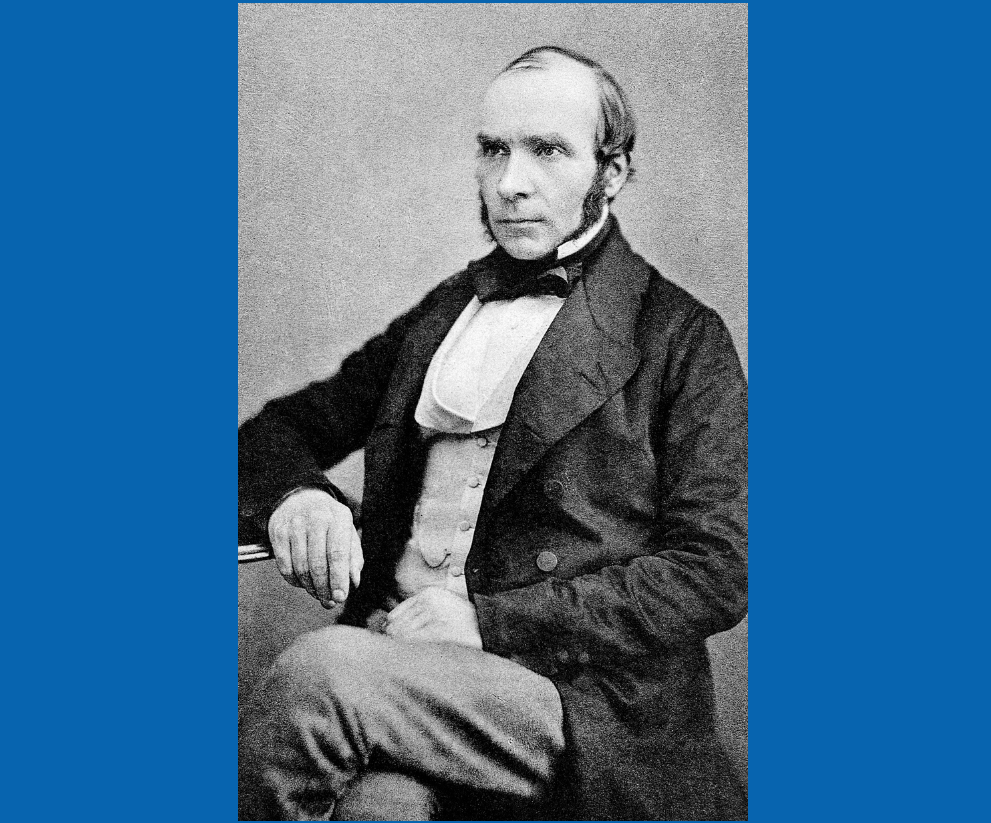
Dr. John Snow, often called the father of epidemiology, wasn’t afraid to challenge the status quo. When a cholera outbreak ravaged London in the 1850s, Snow mapped cases and traced the source to a contaminated water pump.
This groundbreaking discovery transformed how public health officials combat diseases. His scientific heroism saved countless lives and continues to inspire modern medicine, showing that knowledge and persistence can triumph over even the deadliest threats.
6. The pirate who became a queen/im
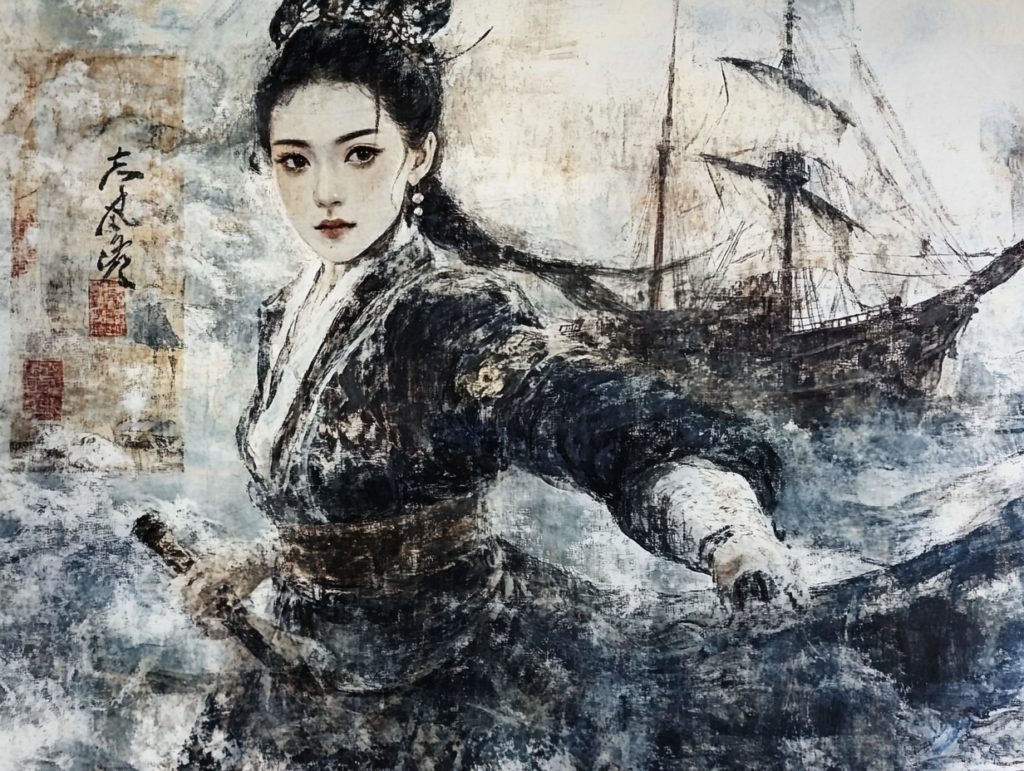
Ching Shih was no ordinary pirate. Starting as a prostitute, she married a pirate captain, and upon his death, she took command of his fleet. Under her leadership, the Red Flag Fleet grew to over 70,000 pirates.
Ching Shih established strict laws and defeated numerous naval forces, including the Chinese and British. She later negotiated a pardon, retiring wealthy and respected. Her story is a testament to leadership and tenacity in an unforgiving world.
7. The librarian who smuggled books past Nazis
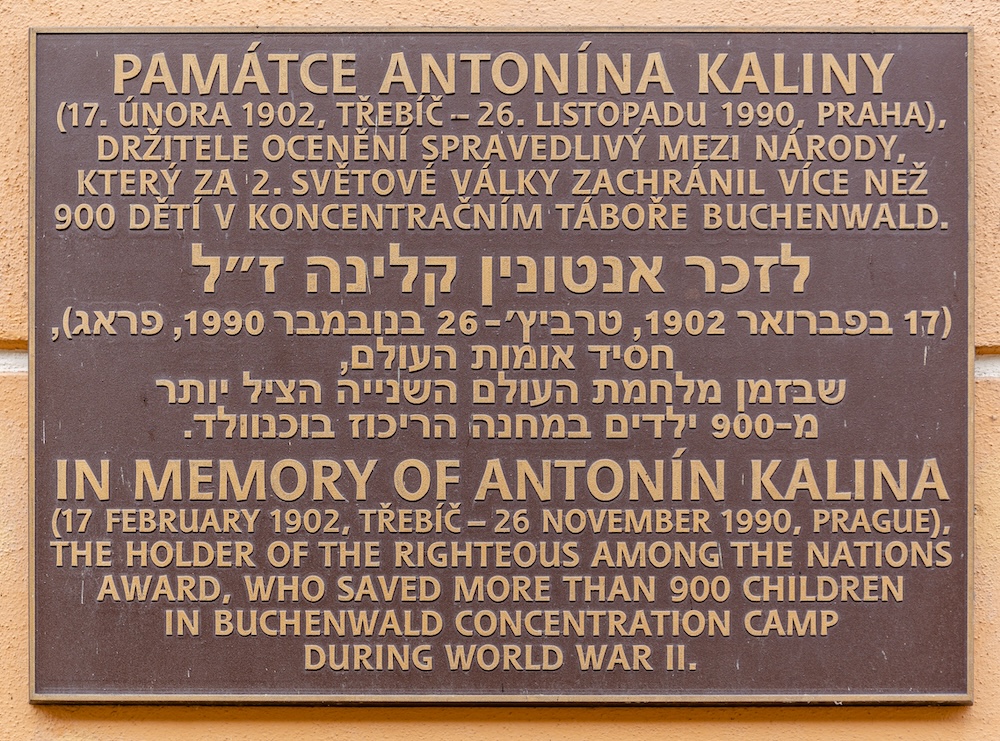
Antonin Kalina wasn’t wielding a sword, but his bravery was no less extraordinary. During World War II, Kalina smuggled books into the Terezín concentration camp to help prisoners retain their humanity.
These books provided comfort and education during dark times. Kalina’s efforts not only preserved knowledge but also the hope that someday, freedom would be restored. His quiet heroism proves that small acts of defiance can have lasting impacts.
8. The soldier who didn’t stop fighting after the war
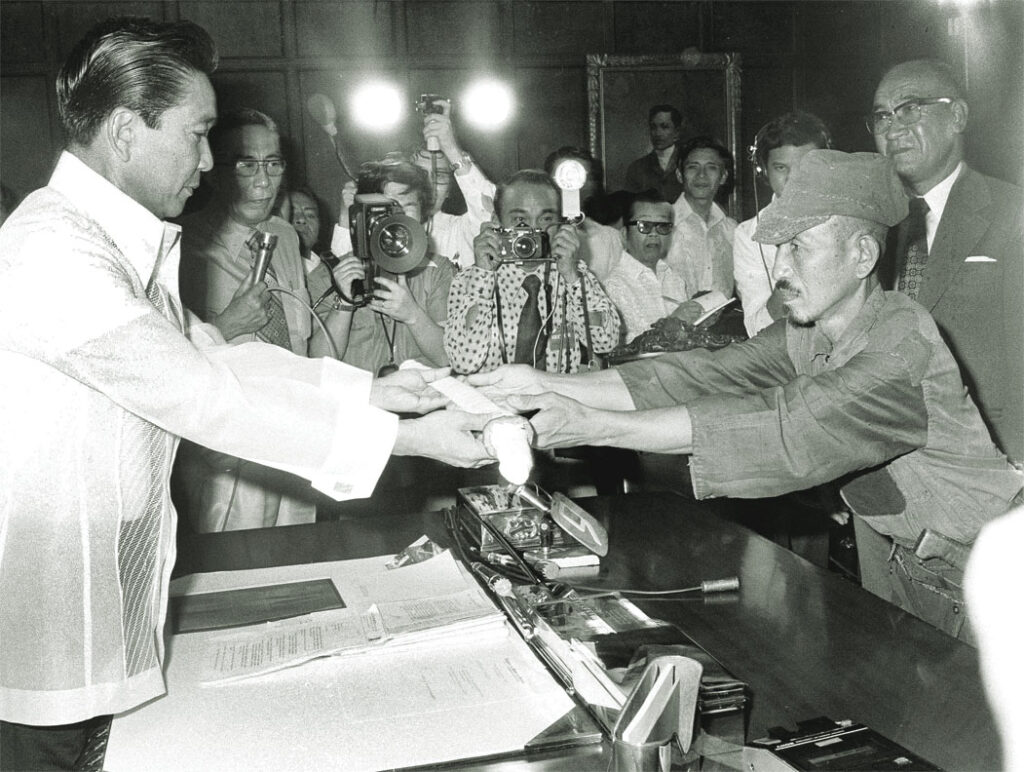
Hiroo Onoda believed in his mission so deeply that he continued fighting World War II for 29 years after Japan surrendered. Stationed on a remote Philippine island, Onoda carried out guerrilla tactics, refusing to believe the war was over.
When he finally surrendered in 1974, Onoda’s story became a symbol of loyalty and endurance. While controversial, his dedication to duty remains unparalleled, and his life sparked debates about the meaning of heroism and obedience.
9. The empress who conquered both politics and hearts
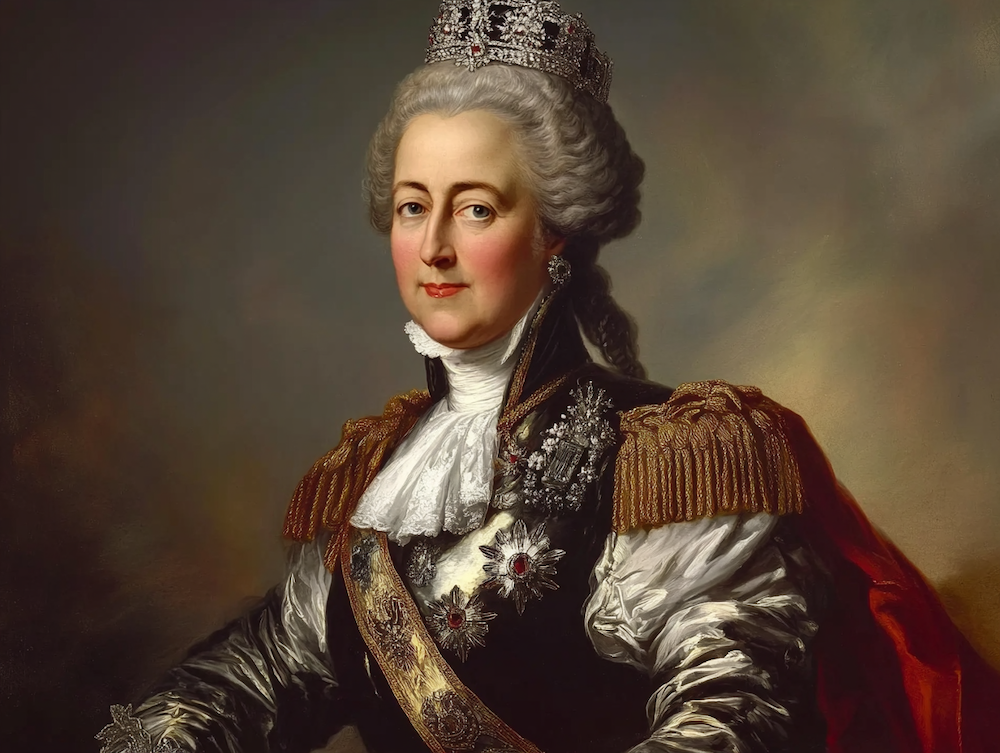
Catherine the Great of Russia wasn’t born into royalty, but she became one of the most influential rulers in history. After orchestrating a coup to unseat her husband, she modernized Russia and expanded its borders dramatically.
Catherine’s reign brought art, science, and education to new heights, earning her admiration across Europe. Her story of ambition and intellect makes her one of history’s most dynamic and complex leaders.
10. The prisoner who proved the power of persistence
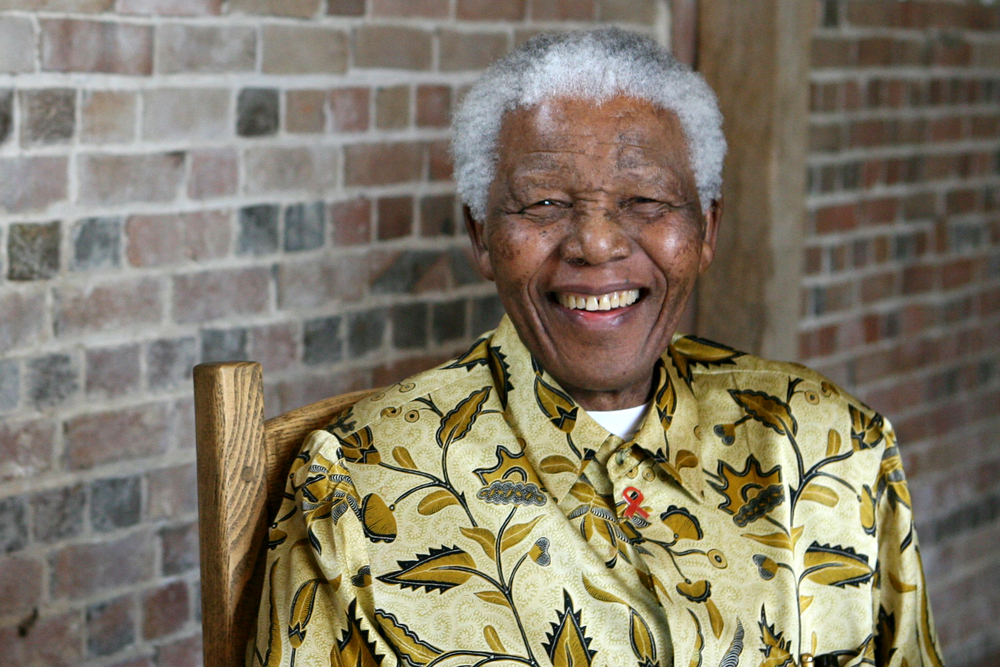
Nelson Mandela spent 27 years in prison for his fight against apartheid in South Africa. Emerging with an unbroken spirit, he led his nation to democracy and became its first Black president.
Mandela’s commitment to peace and reconciliation made him a global icon of justice. His life is a testament to the transformative power of forgiveness and the strength required to change the world without losing hope.
11. The mathematician who broke Nazi codes
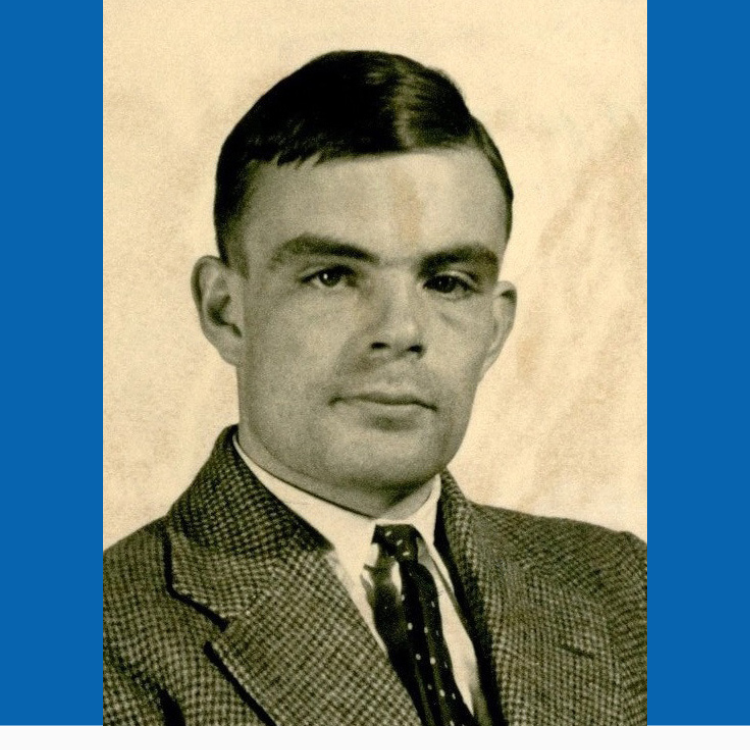
Alan Turing’s genius turned the tide of World War II. Working at Bletchley Park, he developed machines to crack the Enigma code, enabling the Allies to anticipate and counter German attacks.
Despite his monumental contributions, Turing faced discrimination for his sexuality. Today, he’s celebrated as both a war hero and a pioneer of computer science, proving that even the most unassuming individuals can change the course of history.
12. The athlete who won gold and defied hate
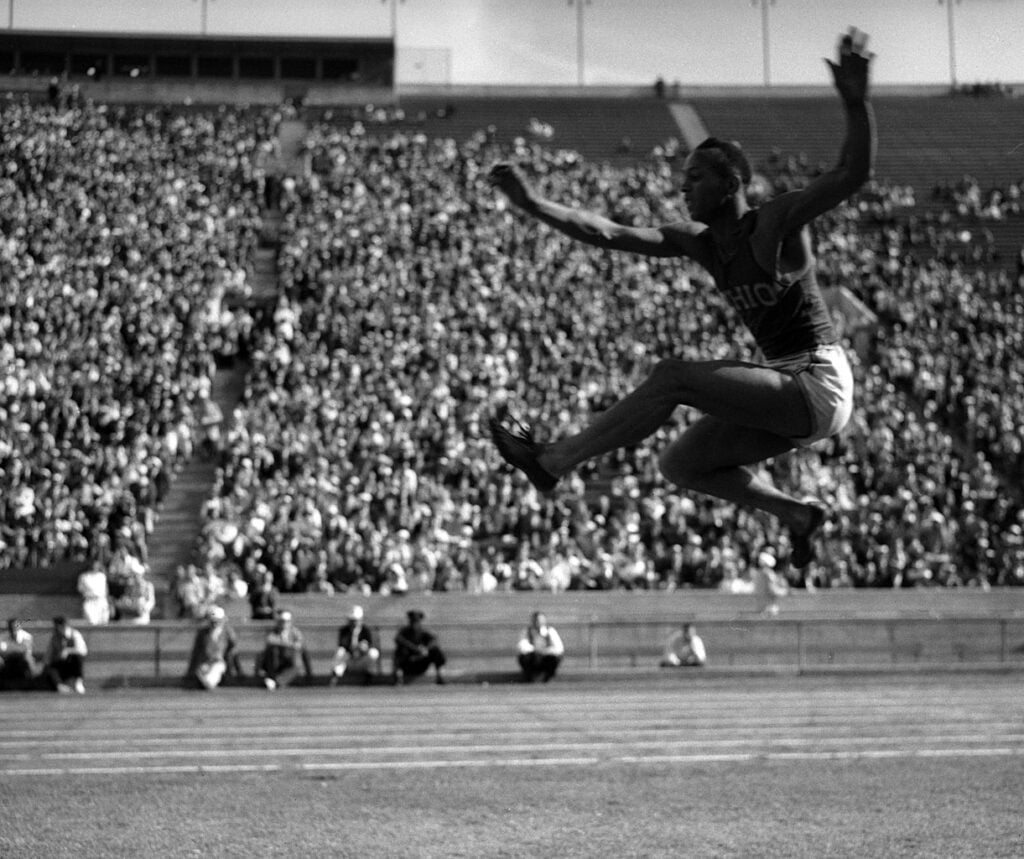
Jesse Owens shattered both records and prejudice at the 1936 Berlin Olympics. Competing under the shadow of Nazi propaganda, he won four gold medals, humiliating Hitler’s claims of Aryan supremacy.
Owens’ triumph was more than an athletic feat; it was a moral victory. His grace under pressure and exceptional talent proved that integrity and determination could outshine the darkest ideologies.
13. The artist who painted her pain into power
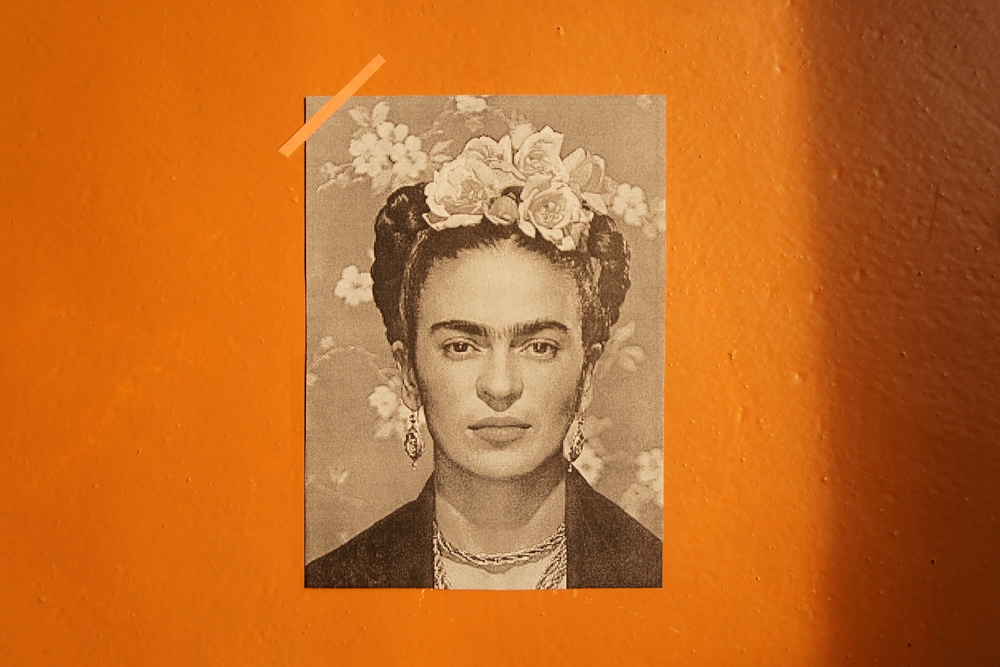
Frida Kahlo turned her suffering into groundbreaking art. After surviving a near-fatal bus accident, she used painting to express her physical and emotional struggles. Her vivid self-portraits blended Mexican culture with personal symbolism.
Frida’s unapologetic exploration of identity, pain, and love inspired generations. Her legacy proves that art has the power to transcend tragedy and create something enduringly beautiful, making her a hero not just of history but also of the human spirit.
